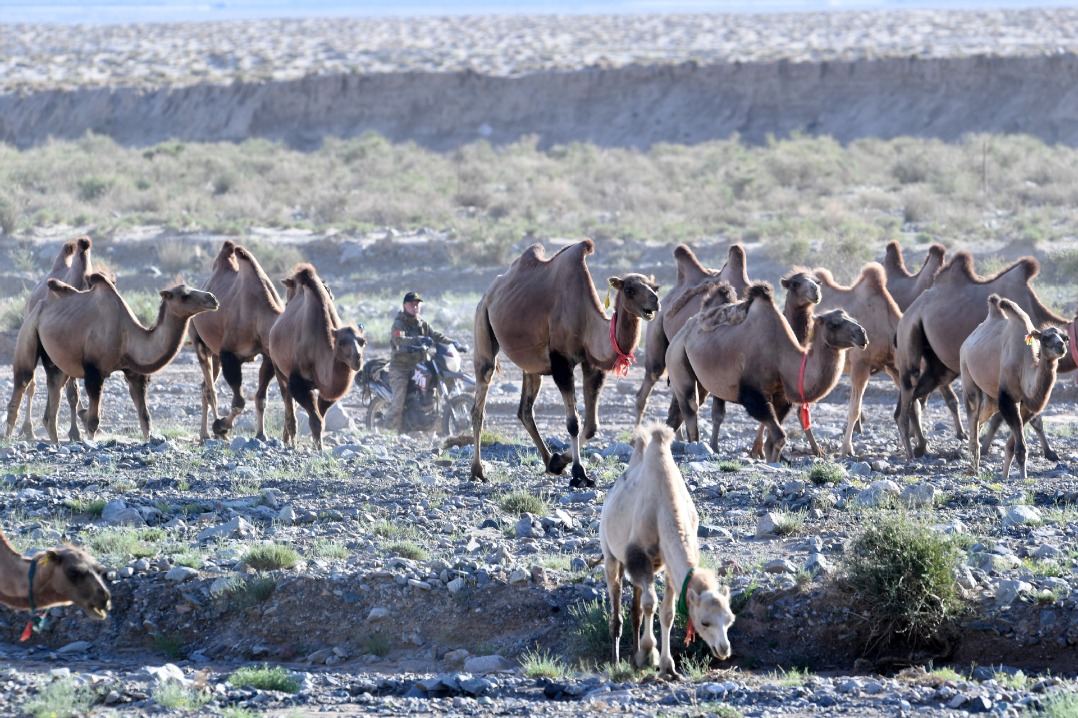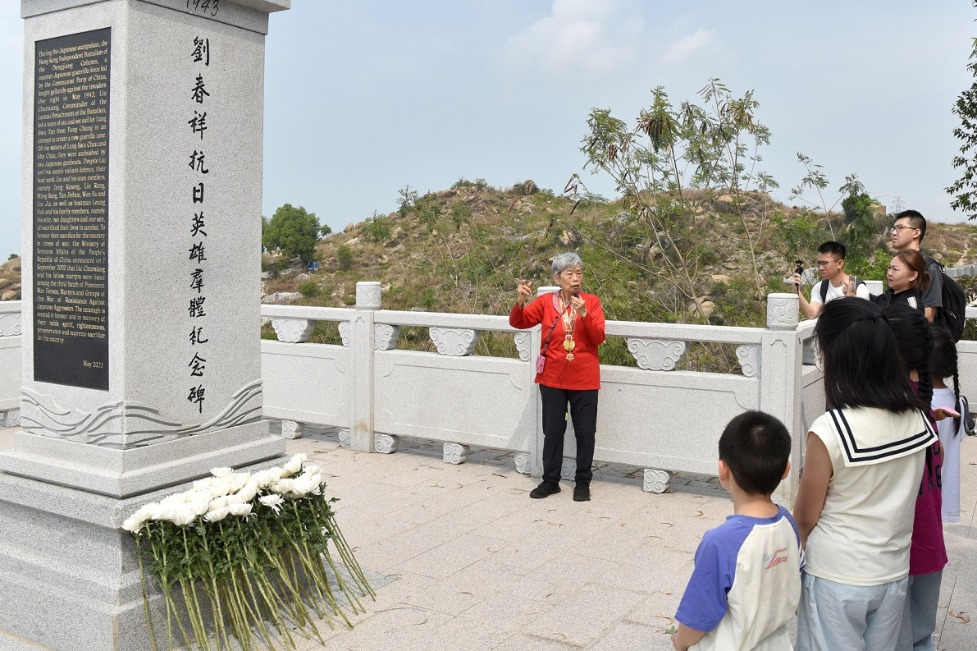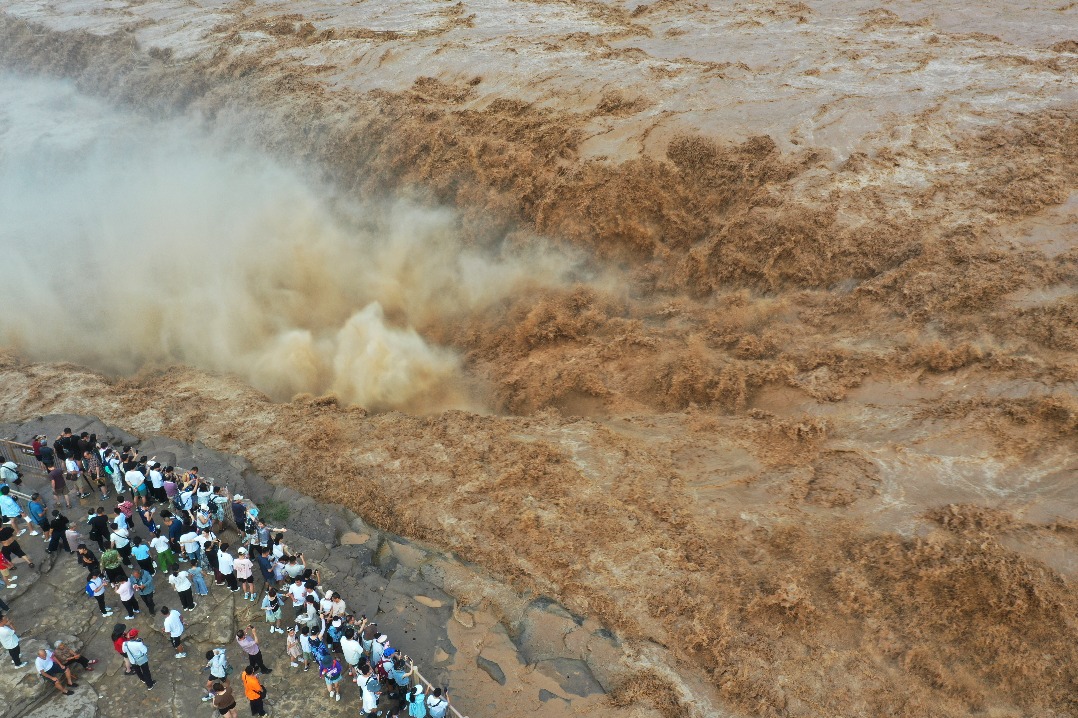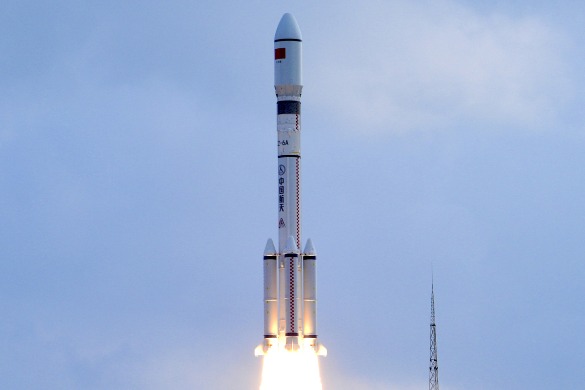Science literacy is boosted in Beijing

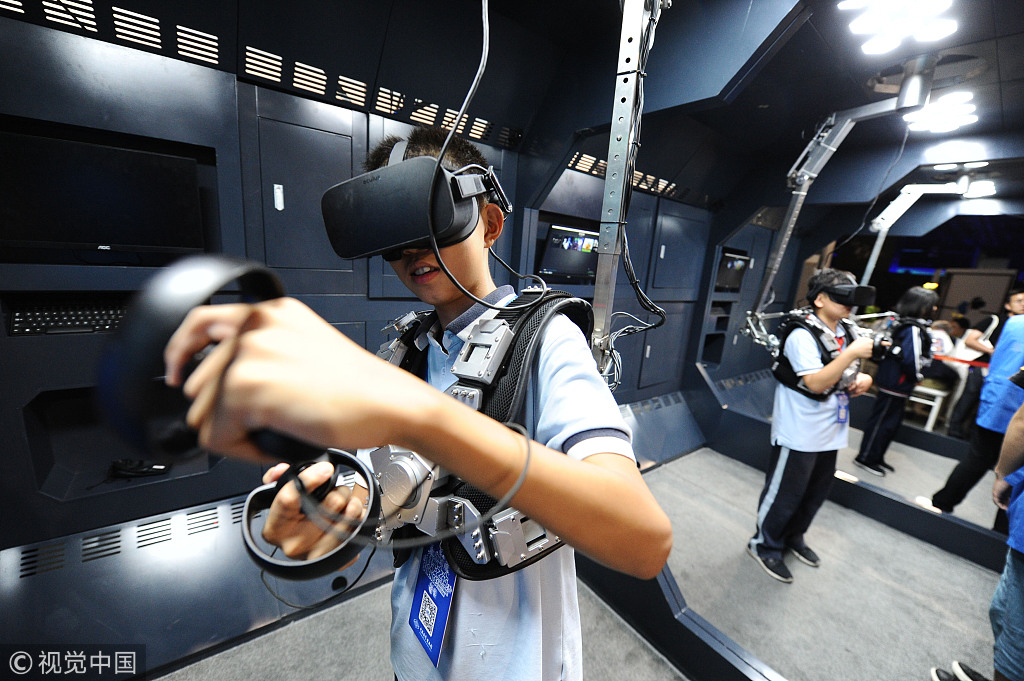
Final declaration of international conference maps the way forward
China will work with other nations and international science organizations to facilitate the sharing of resources and practices for promoting scientific literacy around the world, a declaration adopted on Wednesday in Beijing said.
The Beijing Declaration for Promoting Public Science Literacy Across the World was adopted by attendees during the closing ceremony of the World Conference on Science Literacy, which began on Monday.
More than 1,000 scientists and representatives from 38 countries and regions, as well as 23 international scientific organizations and 58 national scientific institutes, attended the conference, according to the organizer, the China Association for Science and Technology.
"Science and technology are bringing fundamental changes into all aspects of human production and life at an unprecedented rate, breadth and depth," the declaration said.
"Science literacy not only involves mastery of scientific knowledge and methods but also demands respect for the pursuit of the scientific spirit and evidence-based scientific thinking," it said.
The declaration calls for working together to close the gap in scientific literacy between different countries, and build a coordinated working mechanism to improve global scientific literacy and fulfill the United Nation's 2030 Agenda for Sustainable Development.
The declaration also called for countries to prioritize the improvement of scientific literacy across different races, genders and borders, so that more people can truly reap the benefits of scientific development. Youths, females and impoverished communities should be the key target demographics in such efforts, it said.
"Increasing scientific literacy can refresh ideas of the people, expand their potential, allow them to fulfill their value and contribute to society," Han Qide, honorary president of CAST, said at the ceremony.
"China wishes to actively engage in international cooperation and working mechanisms, to help reduce the gap in scientific literacy around the world and to inject positive energy for scientific development and a better world," Han said.
Craig Cormick, president of Australian Science Communicators, called the Beijing declaration "very focused, clear and aspirational", with reachable targets and goals. "I'm very impressed with the scale that China can devote to solutions," he said. "China makes a dedicated goal in improving science literacy, and it has the key political support and government programs to achieve that goal."
Rosalind Mist, head of policy and education at the Science Policy Centre of the Royal Society in the United Kingdom, said the Beijing declaration highlighted how all nations should work together to improve science education for everyone, especially girls and women.
Guy Labine, chairman of the board of directors of the Association of Science and Technology Centers, noted that the triennial International Science Summit also has a declaration on scientific literacy. "It will be interesting to see how the two declarations work together to advance the popularization of science," he said.
"China has a strong interest in increasing the quality and role of science centers, and making science more accessible and accepted by the population. I have witnessed the significant growth of science centers and science learning in China, it is really admirable and impressive at the same time."
According to CAST, the number of dedicated science museums in China grew from 280 in 2006 to 409 in 2014. The number of museums with science and technology sections grew from 239 in 2006 to 724 in 2014.
Gordon McBean, a geology professor at the University of Western Ontario in Canada, said the Beijing declaration is a call to action for other international organizations to improve scientific literacy around the world together.
McBean said it is very important for different countries to share their experiences and practices when increasing scientific literacy. Scientists and science communicators, such as teachers and the media, also need to work together and better communicate scientific knowledge to the general public, especially to young people, McBean said.
Contact the writers at zhangzhihao@chinadaily.com.cn
- Zhejiang leads in innovation, IP development
- Lotus sanctuary dazzles at wetland park in Chongqing
- Nearly 5,700 residents relocated amid heavy rain in Jizhou, Tianjin
- China to offer nationwide childcare subsidies
- China sees better air, water quality in H1
- Heavy-ion accelerator integrating into cancer treatment in China

















